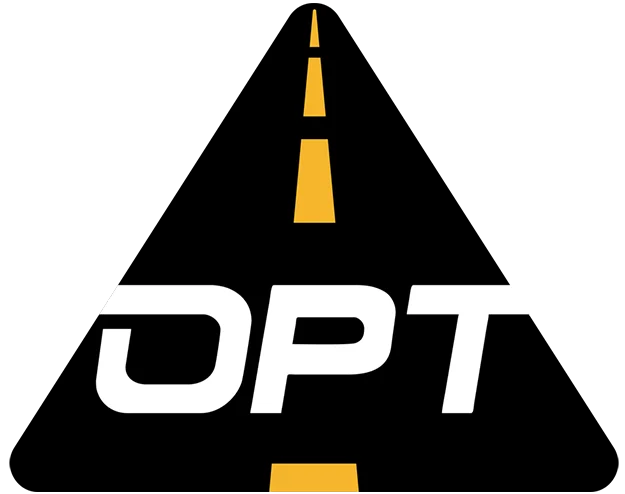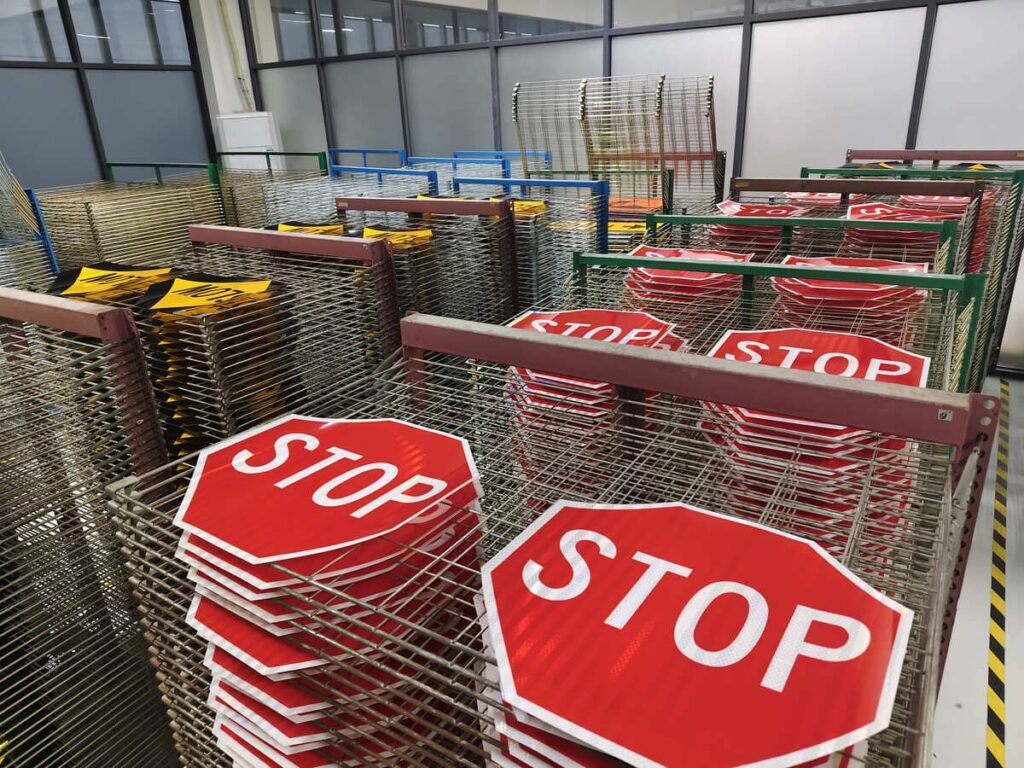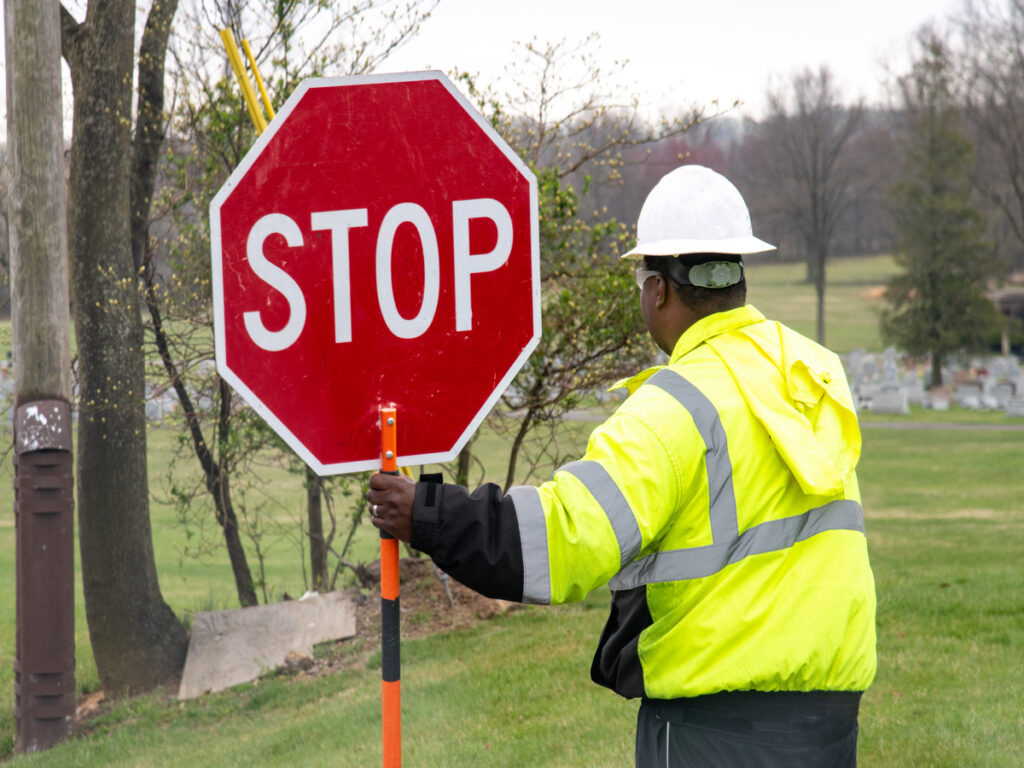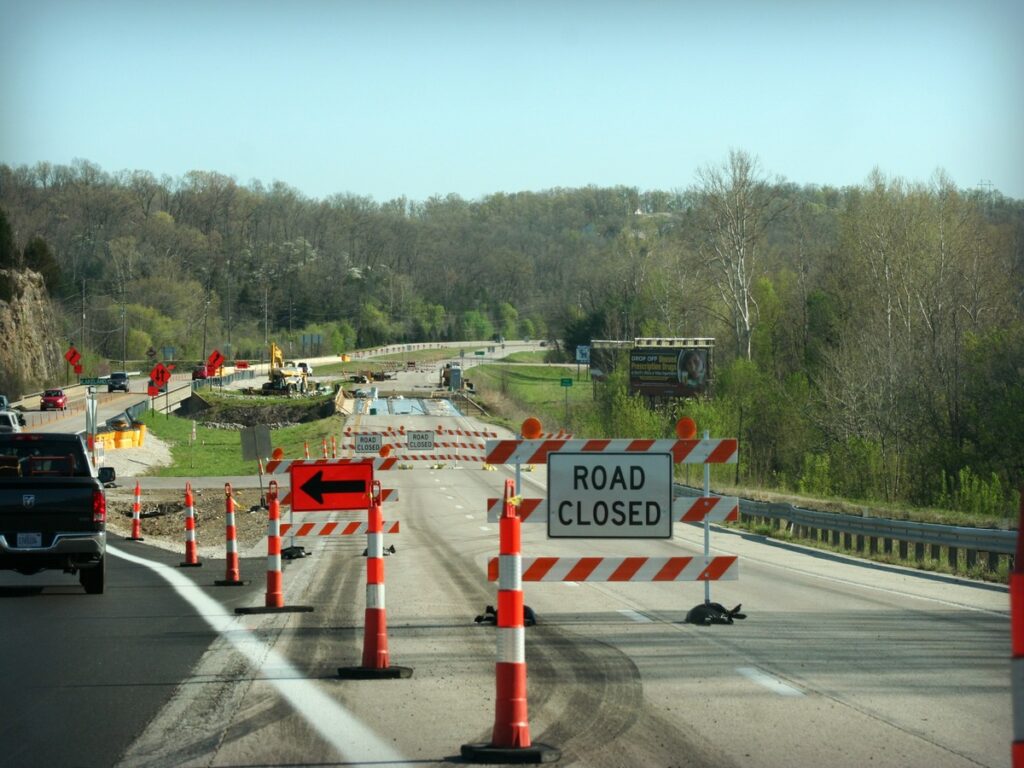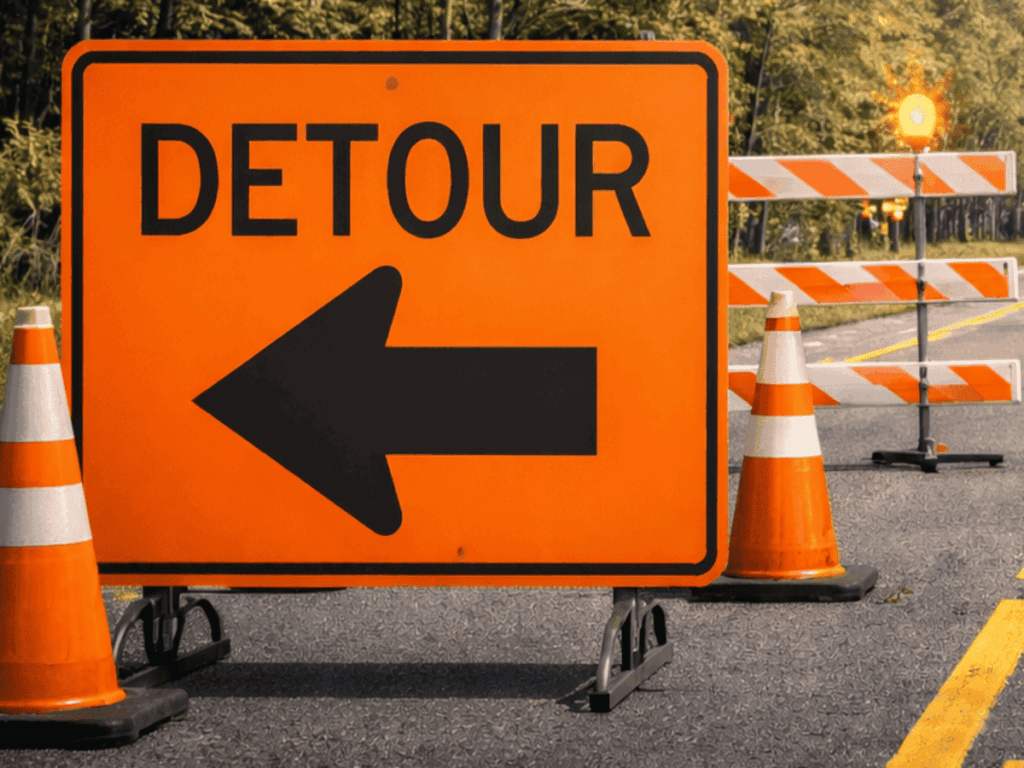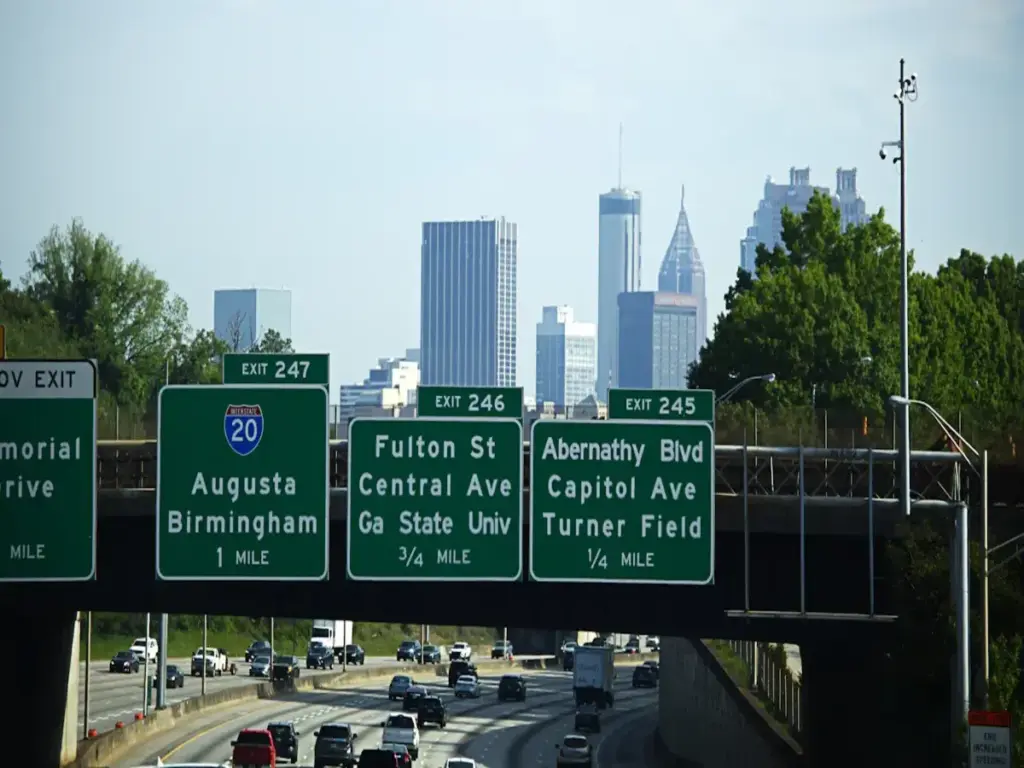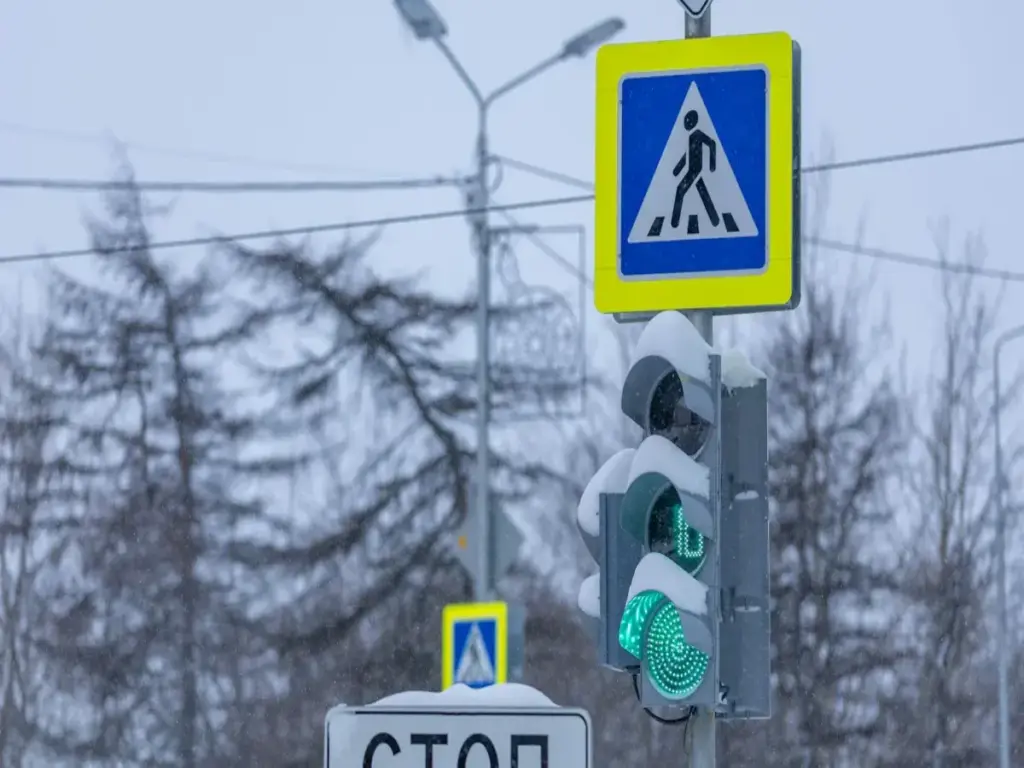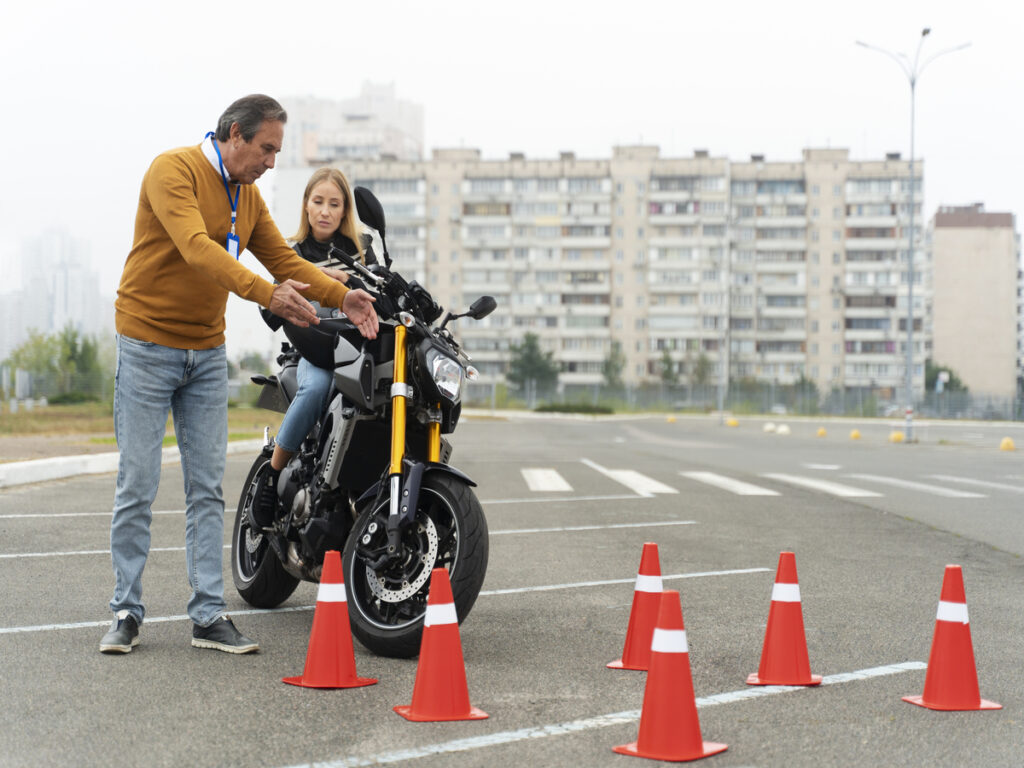
Verkehrssicherheitszapfen sind nicht nur für Straßenränder vorhanden. Sie können das Erlernen des Straßenverkehrsspaßes und des interaktiven Lernens machen. Untersuchungen zeigen, dass praktische Tools den Schülern helfen, besser zu lernen. Zum Beispiel, Kinder in Norwegen verwendeten kleine Modelle, um zu lernen, wie man Straßen sicher überquert. SADD -Schüler können auch Sicherheitsideen auf praktische Weise unter Verwendung von Verkehrssicherheitszapfen lernen.
Key Takeaways
- Traffic cones make road safety lessons fun and engaging. They help students stay interested and learn better.
- Practising with road cones helps students remember more. Real-life activities are easier to recall than just listening to talks.
- Activities like drunk driving and distracted driving simulations with cones teach safety in a hands-on way.
The Importance of Hands-On Learning in Road Safety Education
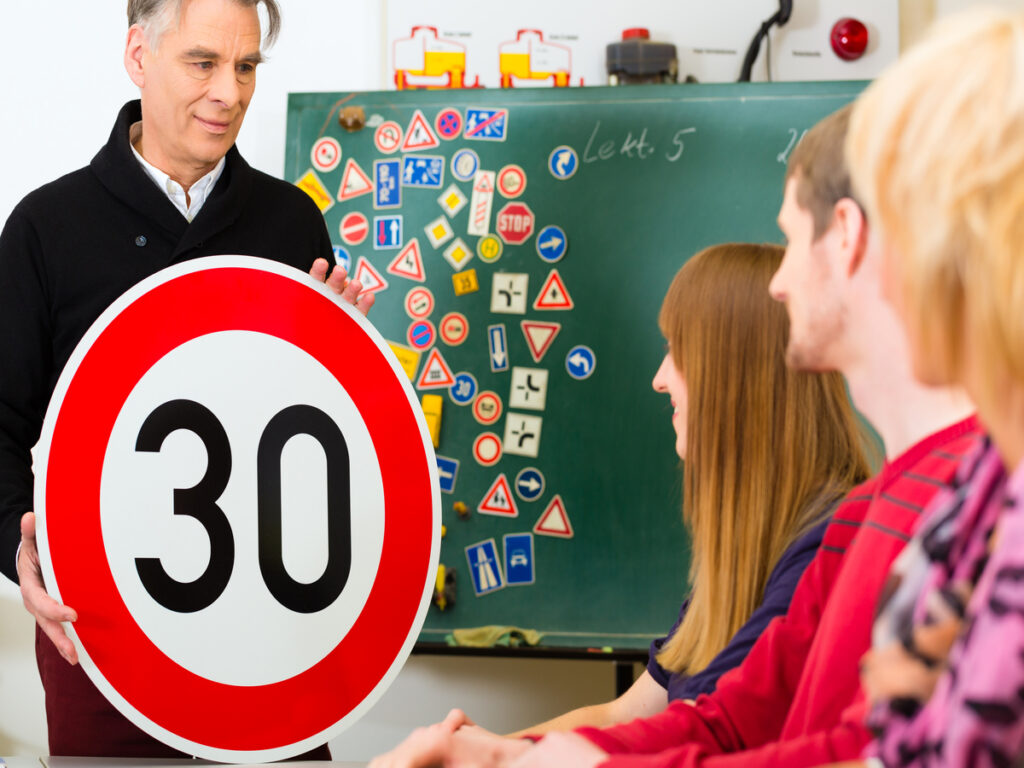
Why learning by doing helps students understand better
Learning by doing lets you take part actively. Instead of just listening, you practise real-life situations. This helps you think critically and solve problems. Zum Beispiel, driving through a pretend course shows how to stay focused. Studies prove hands-on learning keeps students interested. Eine Studie bei Massey University found students felt confident and excited when doing practical tasks. Auch, Die National Training Laboratories haben den Schülern gezeigt, dass sie sich daran erinnern 75% von dem, was sie praktizieren und 90% wenn man andere unterrichtet.
Wie praktische Aufgaben Ihnen helfen, sich den Unterricht länger zu merken
Aktivitäten helfen Ihnen, Informationen im Gedächtnis zu behalten. Durch die Verwendung von Hilfsmitteln wie Verkehrskegeln wird Ihr Gehirn besser mit Ideen verknüpft. Forschung aus dem Universität von Nebraska-Lincoln zeigte, dass praktische Lernende im Gedächtnis blieben 50% mehr als nur Vorlesungslernende. Aktive Methoden wie das Zeigen und Besprechen eines gesteigerten Gedächtnisses durch 35%. Auf diese Weise können Sie nicht nur Verkehrssicherheit erlernen, sondern sie auch im wirklichen Leben anwenden.
Warum Werkzeuge wie Verkehrskegel das Lernen unterhaltsam und nützlich machen
Interaktive Tools machen den Unterricht spannend und effektiv. Verkehrskegel eignen sich hervorragend zum Erstellen unterhaltsamer Lernaufbauten. Sie können sie zum Üben des Fahrens verwenden, Testreaktionen, oder lernen Sie Fußgängersicherheit. Sie sind leicht und leicht zu bewegen, Sie funktionieren also überall. Die Verwendung dieser Tools hilft Ihnen, die Verkehrssicherheit zu verstehen und gleichzeitig interessiert zu bleiben. Diese Methode vermittelt wichtige Fähigkeiten auf eine Art und Weise, die Sie sich merken.
Kreativer Einsatz von Verkehrsleitkegeln in SADD-Programmen
Über SADD
Studierende gegen destruktive Entscheidungen (SADD) ist eine landesweite Jugendorganisation, die sich der Prävention destruktiven Verhaltens und der Förderung verantwortungsvoller Entscheidungsfindung unter Schülern widmet. Durch Aufklärung und von Gleichaltrigen geleitete Initiativen, SADD befähigt junge Menschen, positive Entscheidungen in Bezug auf die Verkehrssicherheit zu treffen, Substanzgebrauch, psychische Gesundheit, und mehr.
Übungskurse für Trunkenheit am Steuer
Verkehrsleitkegel können auf sichere Weise über die Gefahren bei Trunkenheit am Steuer aufklären. Durch die Schaffung eines Kegelpfades, Sie sehen, wie sich Alkohol auf das Fahren auswirkt. Tragen “betrunkene Brille” zeigt, wie Alkohol das Sehvermögen und das Gleichgewicht verändert. Diese Aktivität erklärt, wie langsame Reaktionen zu Unfällen führen können. Es erinnert Sie auch daran, niemals zu trinken und Auto zu fahren.
Zonen für Aufmerksamkeit beim abgelenkten Fahren
Abgelenktes Fahren verursacht viele Unfälle bei jungen Menschen. Leitkegel können Zonen schaffen, um diese Gefahren anzuzeigen. Zum Beispiel, Tragen Sie Kopfhörer oder halten Sie ein Telefon, während Sie einen Kegelpfad gehen. Dies zeigt, wie Ablenkungen Fehler wahrscheinlicher machen. Sie erfahren, wie das Schreiben von SMS oder Sprechen die Verkehrssicherheit beeinträchtigen kann.
Tracks zum Testen der Reaktionszeiten
Schnelle Reaktionen helfen, Unfälle zu vermeiden. Leitkegel können Spuren hinterlassen, um Ihre Reaktionsgeschwindigkeit zu testen. Jemand könnte schreien “stoppen” oder “drehen” während Sie den Kurs durchlaufen. Das Timing Ihrer Reaktionen zeigt, wie sich die Geschwindigkeit auf den Bremsweg auswirkt. Dies zeigt Ihnen, wie aufmerksames Handeln Leben rettet.
Erlernen der Sicherheit von Fußgängern und Erkennen von Gefahren
Die Sicherheit von Fußgängern ist ebenso wichtig wie die Sicherheit von Fahrern. Leitkegel helfen Ihnen dabei, Gefahren zu erkennen und sicher zu bleiben. Zum Beispiel, Sie können Risiken wie tote Winkel oder schnelle Autos finden. Wenn Sie auf einem Sicherheitskegelpfad gehen und dabei auf Gefahren achten, lernen Sie, wachsam zu bleiben. Diese Aktivität hilft Ihnen, Unfälle zu vermeiden und im Straßenverkehr sicher zu bleiben.
Vorteile der Verwendung von Verkehrsleitkegeln in der Verkehrssicherheitserziehung
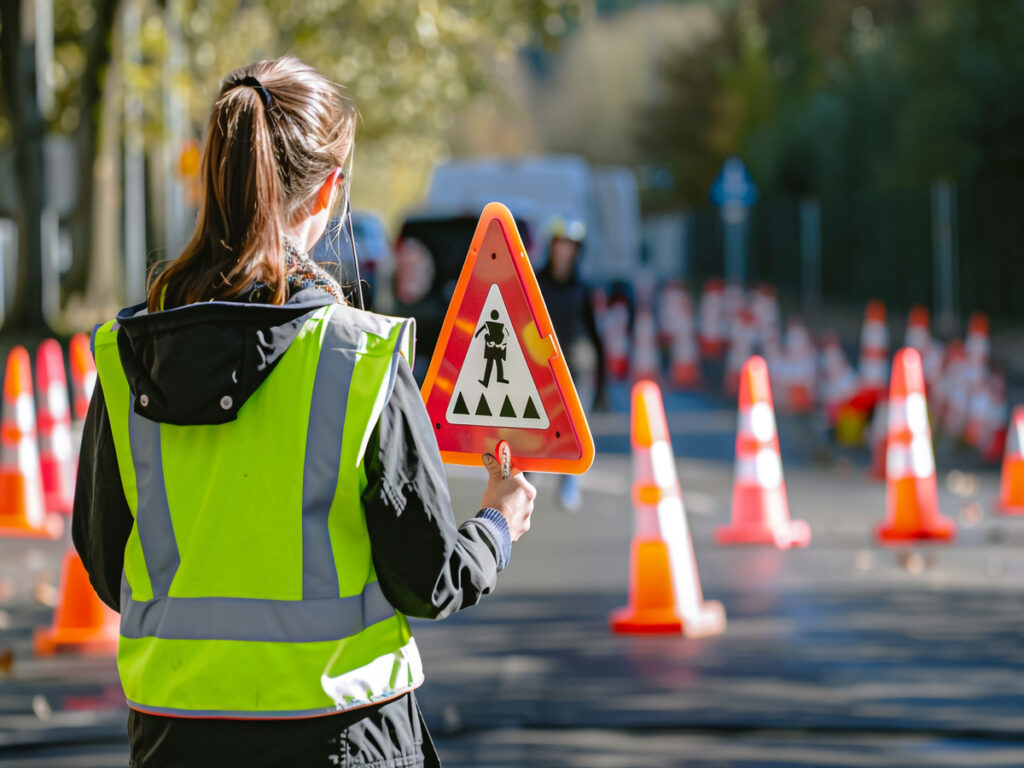
Schüler einbeziehen und interessieren
Sie lernen besser, wenn Sie am Unterricht teilnehmen. Leitkegel machen das Lernen aktiv und spannend. Instead of just listening, Sie können lustige Aktivitäten ausprobieren. Sie könnten durch Kegelpfade gehen, Testen Sie Ihre Reaktionen, oder üben Sie, konzentriert zu bleiben. Diese Aufgaben wecken Ihr Interesse und Ihre Lernbereitschaft. Wenn Sie sehen, wie Ihre Handlungen die Ergebnisse verändern, fühlt sich der Unterricht real an. Hier entlang, Du bleibst konzentriert und willst mitmachen.
Verkehrsregeln und Sicherheitstipps ganz einfach lernen
Verkehrskegel helfen Ihnen, reale Situationen zu sehen und zu üben. Zum Beispiel, Das Einrichten einer vorgetäuschten Kreuzung zeigt, wie man sicher überquert. Sie können auch das Anhalten an Kegeln oder das Einhalten von Sicherheitsabständen üben. Diese Aktivitäten machen knifflige Ideen leicht verständlich. Wenn Sie sie oft befolgen, können Sie sich diese Regeln besser merken und im wirklichen Leben anwenden.
Teamarbeit aufbauen und zusammenarbeiten
Bei vielen Sicherheitskegel-Aktivitäten müssen Sie mit anderen zusammenarbeiten. Mit diesen Aufgaben lernen Sie, klar zu sprechen, Probleme lösen, und vertraue deinen Teamkollegen. Zum Beispiel, Spiele wie “Minenfeld” Und “Krokodilfluss” Lassen Sie als Team denken und arbeiten. Unten finden Sie eine Tabelle, die zeigt, wie diese Spiele Teamarbeit fördern:
| Aktivität | Vorteile |
|---|---|
| Minenfeld | Baut Vertrauen und Gesprächsfähigkeiten für die Teamarbeit auf. |
| Krokodilfluss | Lehrt Problemlösung und Zusammenarbeit. |
| Menschlicher Knoten | Verbessert die Geduld, Teamarbeit, und Kommunikation. |
| Blindes quadratisches Seil | Baut durch Kommunikation Vertrauen und Teamarbeit auf. |
| Turm der Macht | Fördert kreative Teamarbeit und Problemlösung. |
Bei diesen Aktivitäten werden Verkehrssicherheit und Lebenskompetenzen wie Teamarbeit und Führung vermittelt.
Der Unterricht macht Spaß und ist praktisch
Das Erlernen der Verkehrssicherheit muss nicht langweilig sein. Leitkegel machen den Unterricht zu Spielen und Herausforderungen. Sie können auf einer Reaktionsstrecke Rennen fahren oder durch ein Kegellabyrinth laufen und dabei Ablenkungen vermeiden. Diese Aktivitäten machen das Lernen unterhaltsam und leicht zu merken. Wenn Ihnen der Unterricht Spaß macht, Sie bleiben motiviert und erinnern sich mehr. Hier entlang, Sie lernen Verkehrssicherheit und haben dabei eine gute Zeit.
Tipps für Pädagogen, wie sie Leitkegelaktivitäten sinnvoll nutzen können
Planen Sie unterhaltsame und nützliche Aktivitäten
Passen Sie die Aktivitäten an reale Situationen an. Zum Beispiel, Richten Sie einen Kegelparcours ein, bei dem die Schüler den Ampelsignalen folgen. Dadurch können sie üben, Entscheidungen zu treffen und konzentriert zu bleiben. Beginnen Sie mit einem Gespräch über Verkehrssicherheit, um sichere und unsichere Maßnahmen zu erklären. Let older students teach younger ones to make lessons more relatable. Always ensure activities suit the students’ age and learning goals.
Keeping everyone safe during activities
Safety is the most important thing. Check the area for dangers like uneven ground or obstacles. Use cones to mark safe zones for each activity. Watch students closely to ensure they follow rules and stay in the right areas. Give safety gear like helmets or reflective vests if needed. Show how to do each task properly to avoid accidents. A safe space helps students learn better.
Changing activities for different ages and skills
Adjust activities to fit the students’ age and abilities. For younger kids, turn lessons into games to make them fun. Zum Beispiel, use a cone maze to teach spotting dangers. Mit flexiblen Setups können Sie Aufgaben einfacher oder schwieriger machen. Ältere Schüler können Veranstaltungen wie Verkehrssicherheitsgespräche oder Gruppendiskussionen leiten. Hier entlang, Alle Schüler lernen etwas Nützliches.
Überprüfen Sie den Fortschritt und geben Sie hilfreiches Feedback
Überprüfen Sie mit einfachen Tools wie Checklisten, wie gut die Schüler lernen. Bitten Sie sie, darüber nachzudenken, was sie gut gemacht haben und wo noch gearbeitet werden muss. Geben Sie positives Feedback und schlagen Sie Verbesserungsmöglichkeiten vor. Sprechen Sie über ihre Stärken und wie Sie besser werden können. Das stärkt das Selbstvertrauen und zeigt, warum Verkehrssicherheit im Alltag wichtig ist.
Verkehrsleitkegel sind eine unterhaltsame Möglichkeit, etwas darüber zu lernen Verkehrssicherheit. Sie gestalten den Unterricht aktiv, Es hält Ihr Interesse aufrecht und hilft Ihnen, sich an Ideen zu erinnern. Aktivitäten mit Kegeln verbessern auch die Teamarbeit und die praktischen Fähigkeiten.
Tipp: Üben Sie reale Situationen mit diesen Tools, um sicher zu sein, dass Sie unterwegs sichere Entscheidungen treffen können.
FAQ
Warum sind Verkehrsleitkegel gut für den Unterricht??
Verkehrskegel machen das Lernen aktiv und unterhaltsam. Sie zeigen reale Verkehrssituationen, hilft Ihnen, Lektionen besser zu verstehen und sich daran zu erinnern.
Welchen Nutzen haben junge Menschen von der Verwendung von Leitkegeln??
Junge Menschen können Verkehrssicherheitskompetenzen wie das Erkennen von Gefahren und schnelles Reagieren erlernen. Diese Aufgaben stärken ihr Selbstvertrauen und bereiten sie auf den realen Verkehr vor.
Können Verkehrskegel dabei helfen, Ampelregeln zu vermitteln??
Ja, Kegel können wie Schnittpunkte wirken. Sie können das Anhalten üben, nachgeben, und folgenden Ampeln, Dadurch sind diese Regeln leicht zu erlernen und anzuwenden.
